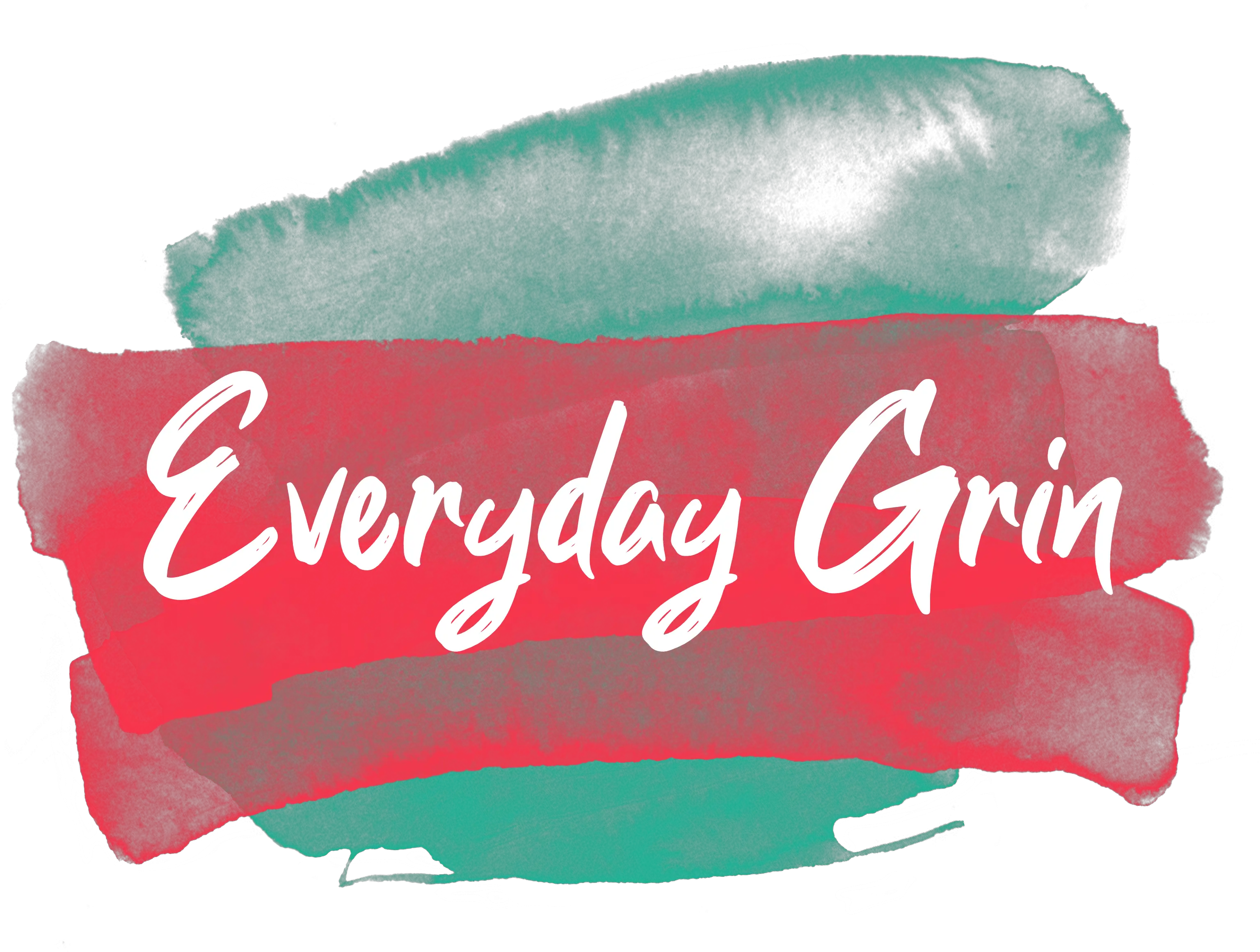If you’re a coffee-lover, then you’ve probably wondered whether this caffeinated energy drink has a negative impact on your teeth. So the real question here is, is coffee bad for your teeth?
There are many concerns and claims about coffee and its effect on teeth. Some say it’s terrible, while others say it’s not. So which one is true?
The short answer is yes, coffee is bad for your teeth, but it’s not as bad as many people claim. Here’s everything you need to know.
Teeth Stains And Discoloration
The most common thing that people say about coffee is that it stains your teeth and gives them a yellowish color.
This is true as it contains tannins, a kind of polyphenol that breaks down in the water. Tannins are the components that give coffee its black color, and they tend to stick to the teeth and leave a yellowish shade, causing discoloration.
However, there are many ways to remove these stains and prevent them from appearing without cutting it off.
Removing Stains and Discoloration
If you can already see drinking coffee is changing the color of your teeth, you should start taking a step towards removing it and getting your natural color back. Here’s what you can do:
- Brush Regularly: Get a proper brush that gets between your teeth and removes any buildup of tannins and other food properties. Use whitening toothpaste two or three times a day to remove any yellowish shade.
- Floss: If you brush your teeth at any point, you should floss. There are many spots that the brush cannot reach, causing more buildup. Flossing will reach those spots and ensure that they are clean.
- Professional Treatment: If you’ve tried all the solutions to remove your stains and weren’t successful, it’s time to visit your dentist. Many treatments clean your teeth and return their natural white color.
Preventing Teeth Stains
To prevent tannins from sticking to your teeth and changing their color, you should:
- Use a straw. Using a straw allows the drink to go straight through without touching your teeth.
- Use Mouthwash after drinking. Rinsing with mouthwash or even water can prevent the tannins from sticking to your teeth.
- Brush. If you’re at home having your cup of coffee, brush your teeth right after drinking. It will reduce buildup and prevent discoloration.
- Add milk. Reducing the strength of the coffee will automatically reduce the effect of the discoloration it can cause.
- Eat crunchy food. Carrots, apples, celery, and similar crunchy vegetables and fruits act as a natural brush and will remove the stains from your teeth. They will also strengthen them and prevent buildup.
- Reduce your Intake. If you drink more than a cup or two a day, you should limit your consumption. This will prevent any discoloration in the long run.
- Teeth whitening. Use teeth whitening products to prevent stains, or visit your dentist to get a teeth whitening session.
Does Coffee Weaken Your Enamel?

Enamel is the layer that protects your teeth against tooth decay and keeps it healthy. If your enamel starts to thin, your teeth will become more sensitive and attract bacteria. So does it weaken the enamel?
Enamel is highly affected by acidic food and drinks, and because coffee is acidic, the answer is yes; it weakens your enamel.
However, it has a pH of 5, which is not highly acidic compared to oranges or lemons. This means that as long as you drink moderate amounts of coffee, such as a cup or two a day, you’re on the safe side.
You should also remember to drink water because caffeine reduces saliva production in your mouth, which plays an essential role in protecting your enamel.
After drinking, rinse your mouth to remove the acidity from sticking to your teeth and damaging your enamel.
You can eat a piece of cheese right after your cup to restore the pH balance in your mouth.
Does it Cause Tooth Decay?
Unlike what many people think, coffee does not cause tooth decay. However, it can contribute to the risk of tooth decay. If you’re drinking too much of it, it will weaken your enamel, leaving the layers of your teeth thin, which will lead to tooth decay after a while.
As long as you’re drinking moderately, the natural antibacterial components found in this drink will not cause tooth decay and can prevent it.
Saliva is the most critical factor in protecting our teeth against many oral diseases, including tooth decay, bacterial growth, and cavities. Coffee can cause dehydration and affect the saliva production in your mouth, leaving your oral health at risk.
To prevent this from happening, you should make sure to drink a glass or two of water with your morning cup of coffee.
Can it Lead to Cavities?

Another misconception is that it can cause cavities. Coffee alone doesn’t cause cavities, as they can only be developed from tooth decay. However, if you add creamer or sweeteners, you may face a cavity problem.
Adding creamer, sugar, or other sweeteners to your coffee will react with the acidic components and affect your enamel, causing tooth decay and potentially leading to cavities.
You can prevent tooth decay and cavities by eating acid-neutralizing food, rinsing your mouth with water right after drinking, and reducing sweeteners in your morning drink.
How Bad is It For Your Teeth?
Is coffee bad for your teeth, or is it manageable? Coffee can be bad for your teeth when you fail to protect them by sticking to the essential dental care routine after drinking your cup of coffee.
However, it is not that bad for your teeth. Yes, it can cause stains and discoloration, and it can reduce saliva production, but if you drink enough water after your cup of coffee, rinse your mouth, and brush your teeth, you’ll be able to manage the damage.
If you believe that it affects your oral health, visit your dentist for a quick check-up to know what should be done. You can have a discoloration treatment or get a teeth whitening procedure for a shiny smile.

